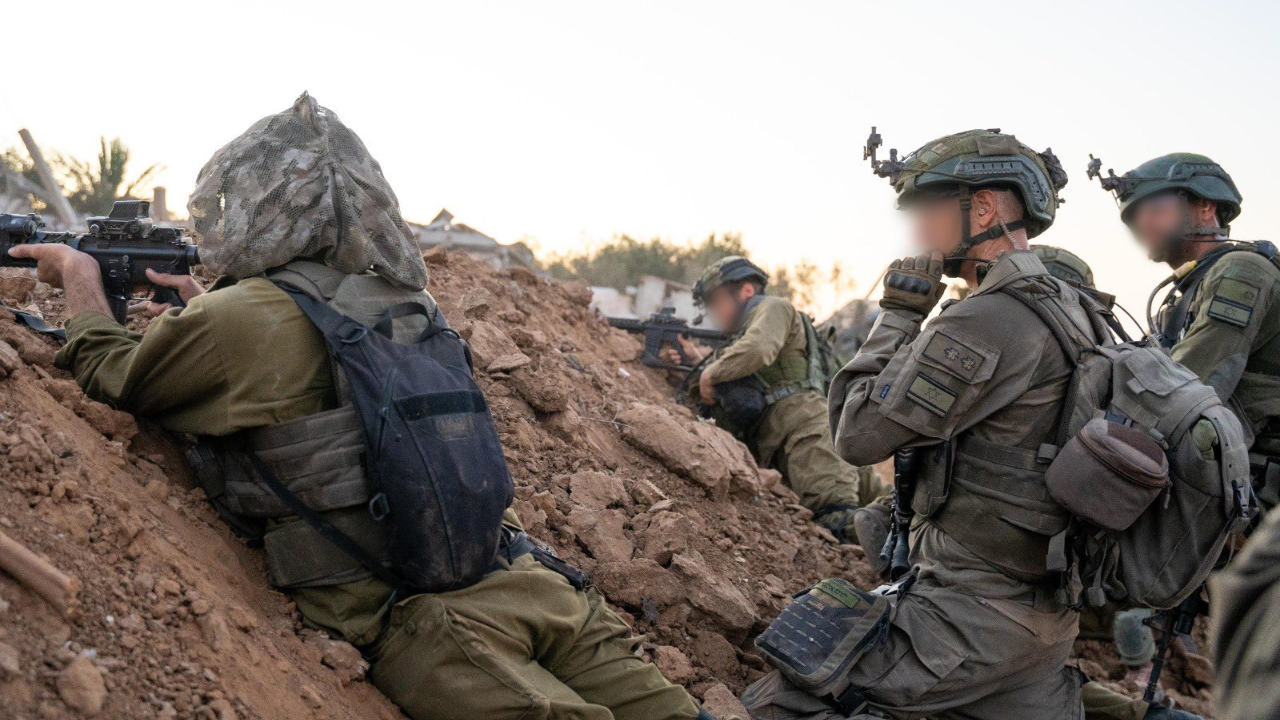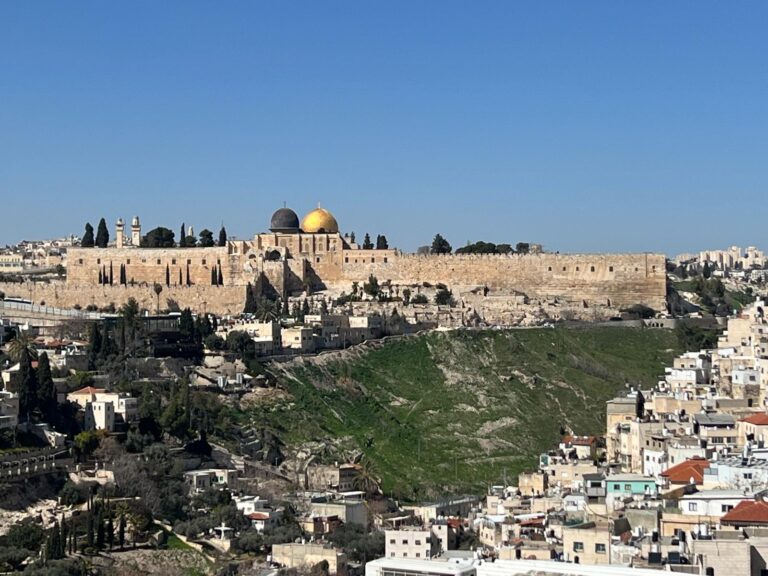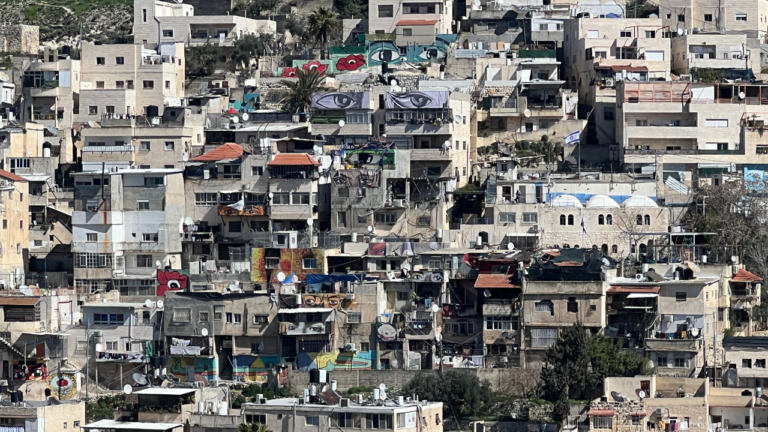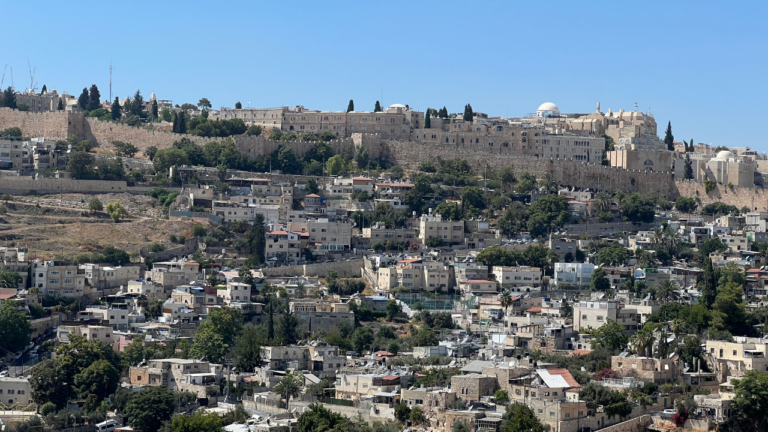Anointed for War: Jerusalem Leads Us Into Battle
This week’s Torah portion describes various halachot pertaining to war. Given what has transpired over the last 10 months, the last two aliyot particularly strike a painful chord, while simultaneously reminding us of what makes Klal Yisrael so special. The Torah describes the mitzvah of the Kohen Meshuach Milchama, the priest who is anointed to lead us with inspiring words as we prepare for battle. “And he shall say to them, “Hear, O Israel, today you are approaching the battle against your enemies. Let your hearts not be faint; you shall not be afraid, and you shall not be alarmed, and you shall not be terrified because of them. For the Lord, your God, is the One Who goes with you, to fight for you against your enemies, to save you” (Devarim 20:2-3).
These verses (familiar from the Mi Shebeirach recited for our chayalim) beautifully portray the emunah and bravery that permeate the army of Klal Yisrael. But why are they recited by a kohen in particular? Shouldn’t the commanders of the army, who are strangely only mentioned many verses later, be the ones to provide these inspiring words? The Sefer HaChinuch (526) explains that the words of these pesukim carry more power when recited by someone respected. Since the kohanim are the respected spiritual leaders of Klal Yisrael, the kohen imbues the message with spiritual gravitas.
However, this only explains why a kohen recites these verses. But our parsha is not describing any regular kohen. This mitzvah necessitates appointing a specific kohen and anointing him with the same oil used for the vessels of the Beit HaMikdash and the Kohen Gadol. He is sanctified, in the same manner as the holy vessels in Jerusalem, as the Kohen Meshuach Milchama. This exalted office of the Meshuach Milchama is literally exclusively for purposes of war alone. If the goal of this mitzvah is simply to inspire and encourage, why must the kohen be anointed with the sanctified oil?
The answer to this question perhaps relates to another unique practice of the Jewish army. The Aron HaKodesh, containing the Luchot HaBrit given to us at Har Sinai, would be carried out to the army’s encampments. There are those who would suggest that the presence of the Holy Ark provides us with “power” to destroy our enemies. This petty understanding relates to idolatrous and superstitious perspectives (probably informed by Indiana Jones as well). What the Aron truly represents is the essence of our values. It holds our holy Torah and is the centerpiece of our holy city. The Aron following us into battle reflects God’s presence accompanying us as we champion His kingship in this world.
When Klal Yisrael goes to war, we take Yerushalayim with us. Yes, Hashem’s presence is most palpably experienced in Jerusalem and on Har HaBayit. But our holy city sends her most precious gem, her innermost sanctum, to remind us that God’s presence follows us. We deliberately sanctify a kohen with the same anointing oil that was used for the holy vessels of Jerusalem. It is this kohen particularly who reminds us that Hashem is with us even as we enter into the dark, agonizing reality of war. The Jewish people will never compromise their kedusha and tahara when battling against an evil foe. The presence of the Aron and the encouraging words of the Kohen Meshuach Milchama provide us with the spiritual clarity to sanctify even that which seems most distant from Godliness.



